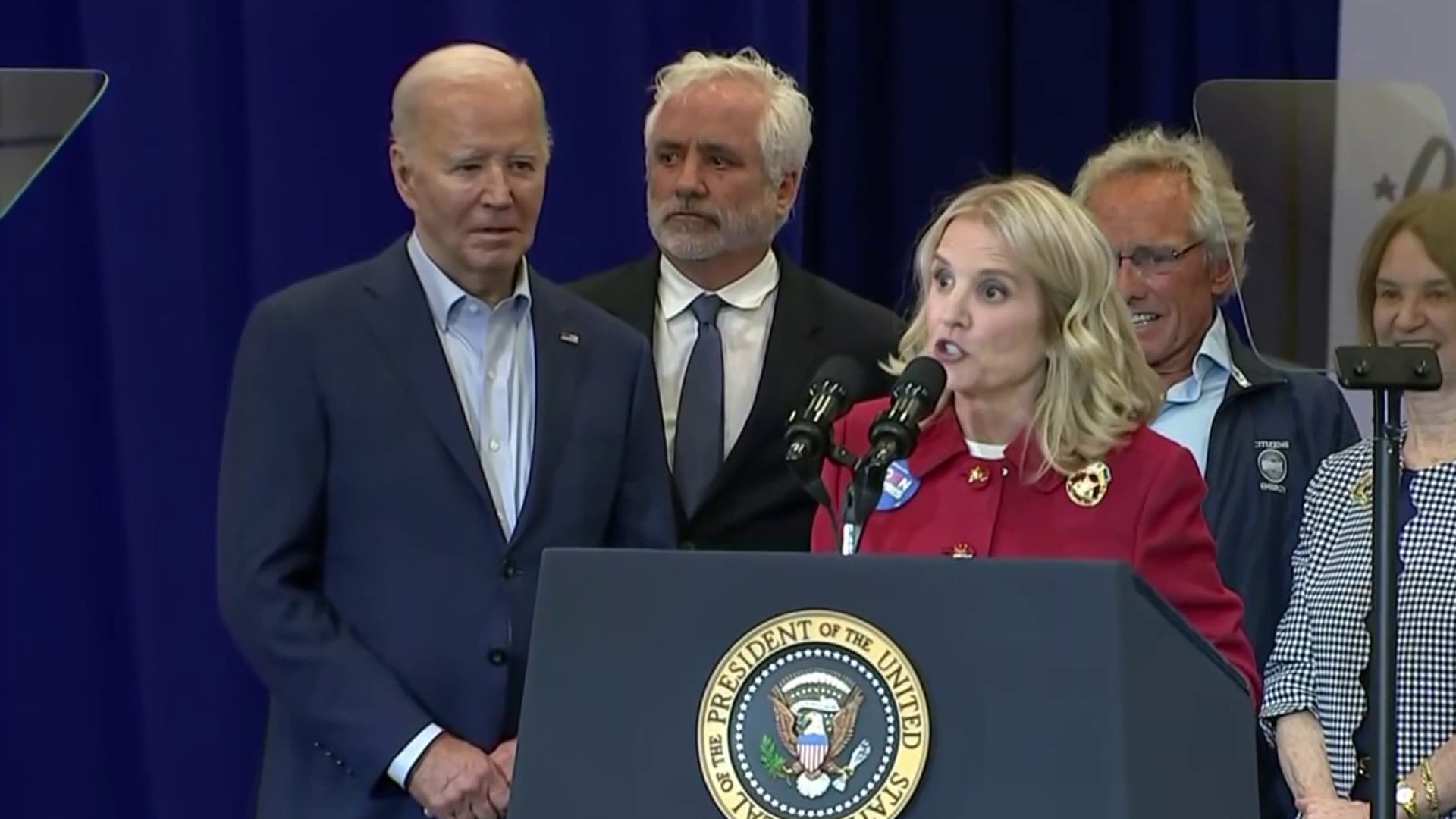Normal 0 Unmoved by hundreds of Revolutionary War re-enactors and union protesters, the NJ Senate passed a bill on Monday, requiring public workers to pay sharply higher contributions for pensions and health benefits.
The historic measure, which would also take away the unions' ability to bargain over health care. It must still be approved by a commitee in the Assembly and passed by the full Assembly.
Earlier on Monday, protesters crossed the Calhoun Street Bridge over the Delaware River, from Morrisville, Pa, in a simulation of George Washington's crossing from Pennsylvania to Trenton in 1776.
A group of union members marched holding a giant banner reading ``The Second Battle of Trenton.'' Many wore 18th century garb and some impersonated the nation's Founding Fathers.
“In my husband's thoughts on government published in the beginning of 17 and 76, he clearly stated that the laws of the liberal education of youth, particularly the lower classes, are so just and youthful that to a generous mind that no expense or purpose should be thought extravagant,” said a woman in a flowing dress who identified herself as Mrs. John Adams, the wife of the second president.
Many carried signs reading “Don't tread on me” -- a slogan that, in recent years, has been co-opted by the tea party movement, which supports the sweeping cuts to government spending that those protesting Monday oppose.
The state Senate and Assembly are debating a bill requiring sharply higher pension and health care contributions. The proposal is the result of a deal struck between State Senate President Stephen Sweeney and Assembly Speaker Sheila Oliver, Republican Gov. Chris Christie and GOP legislative leaders.
Politics
The bill charges employees more to help shore up the underfunded retirement systems. A new tiered system would require teachers, police and firefighters and other public workers to pay a portion of their health insurance premiums based on income. Pension contributions would also rise by 1 percent immediately, and by an additional percent or more after a seven-year phase-in.
Public-sector unions are vehemently opposed, in part because the bill limits collective bargaining over health care.
“Rather than controlling spending and making sure that millionaires pay their fair share, some politicians are pursuing personal agendas and denying New Jersey citizens their voice. Working families will exercise their democratic rights to show legislators that they will fight to protect collective bargaining and defend the high-quality services they provide to New Jersey families,” said Sherryl Gordon, Executive Director, AFSCME NJ Council 1.
More than 125 tents were set up Monday and a mock graveyard for collective bargaining rights was erected in another spot near the Statehouse. Other rallies will focus on environmental concerns and women's health care.



